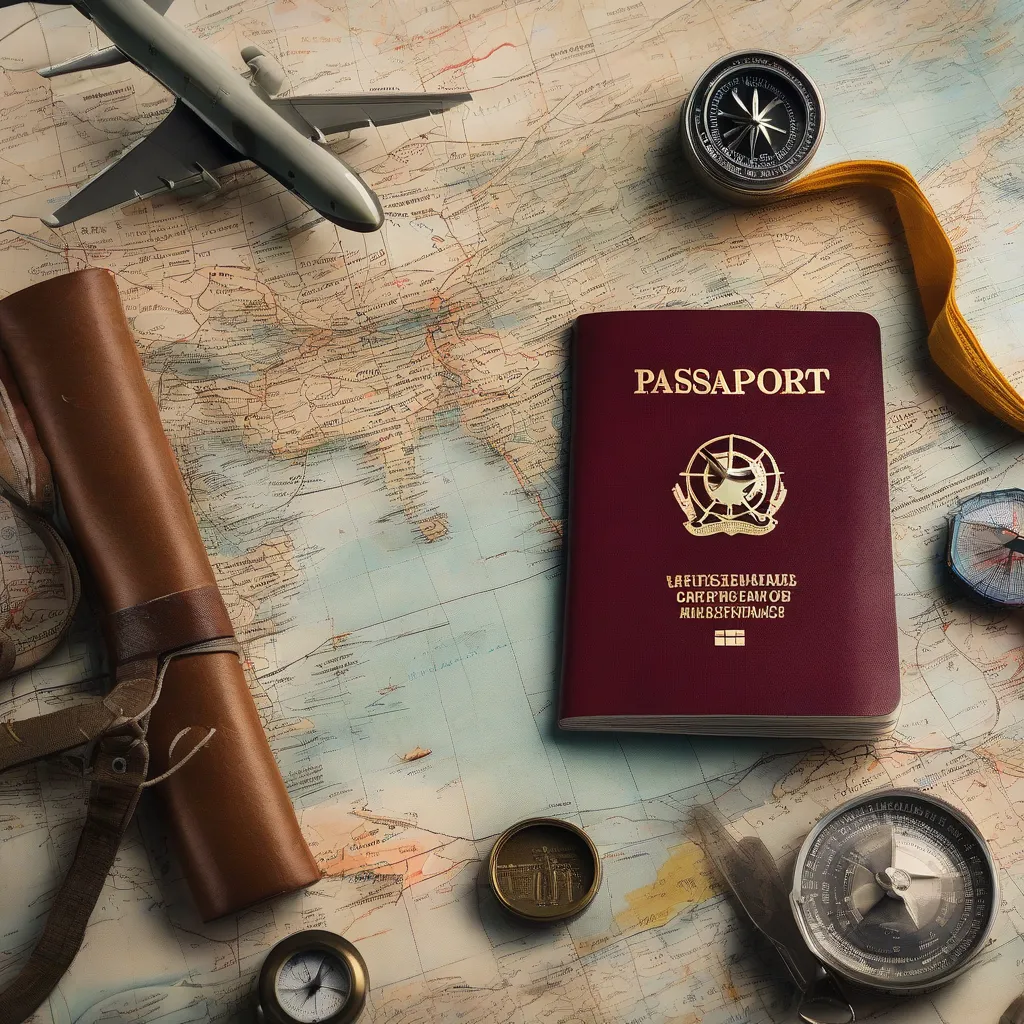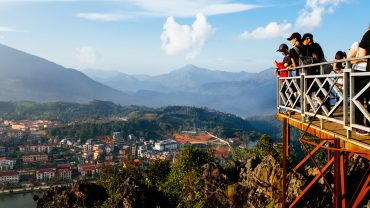Ever dreamt of cruising the Mekong Delta or finding zen in a pagoda overlooking Ha Long Bay? We get it – Vietnam is calling! But before you pack your bags and grab that “bánh mì” recipe, there’s the essential Vietnam visa to secure. Let’s break down everything you need to know about Vietnam visa fees so you can trade those dream adventures for real-life memories.
Understanding Vietnam Visa Fees: Your Questions Answered
Navigating the world of visas can feel like cracking a code, but don’t worry, we’re here to be your trusty deciphering guide. “Vietnam visa on arrival,” “e-visa,” and varying fees might seem confusing, but we’ll demystify it all. Think of us as your friendly neighborhood “pho” stall owner – always happy to share the inside scoop.
What Exactly Are Vietnam Visa Fees?
Simply put, Vietnam visa fees are the costs associated with obtaining permission to enter Vietnam. Think of it as a small investment for unlocking incredible experiences – like conquering the Hai Van Pass or bartering for souvenirs in Hoi An’s Ancient Town.
How Much Does a Vietnam Visa Cost?
The million-dollar question (or should we say, the Vietnamese “đồng” question?)! Here’s the catch: Vietnam visa fees vary based on your nationality, the type of visa you need (tourist, business, etc.), the processing time (standard or rush), and whether you opt for an e-visa or visa on arrival.
For a clearer picture, consider these factors:
- Nationality: Citizens of certain countries enjoy visa exemptions for a specific period. Others can apply for e-visas, while some need to obtain a visa through a Vietnamese embassy or consulate.
- Visa Type: Tourist visas usually have different fees than business or transit visas.
- Processing Time: Need that visa ASAP? Expedited processing often comes with an extra fee.
“The key is to do your research early on. Knowing the specific requirements for your nationality can save you time, money, and potential headaches down the road,” advises Ms. Nguyen Thi Lan, a seasoned travel consultant based in Hanoi, in her book “Vietnam Travel Hacks.”
Where Can I Find the Most Up-to-Date Visa Fee Information?
Your best bet is to check the official website of the Vietnamese embassy or consulate in your country. They provide the most accurate and updated information regarding visa fees and application procedures.
Pro Tip: Bookmark these websites for quick reference:
Diving Deeper: Exploring Different Visa Options and Their Costs
Let’s explore the most common visa options for Vietnam and their associated fees:
1. E-Visa: Your Digital Gateway to Vietnam
The e-visa is a fantastic option for travelers seeking convenience. You apply and pay online, then receive your visa electronically.
- Cost: E-visa fees generally range from $25 to $50 USD, depending on your nationality and the processing time you choose.
Read More: Delve deeper into Vietnam visa fees for specific nationalities for a clearer understanding.
2. Visa on Arrival: A Popular Choice for Many
This option allows you to obtain your visa upon arrival at a Vietnamese international airport. You’ll need a pre-approved approval letter from a travel agency or visa service, which typically comes with a service fee.
- Cost: You’ll pay two fees:
- Approval Letter Fee: This varies depending on the agency and processing time.
- Stamping Fee: Paid in cash (USD or VND) upon arrival at the airport. It’s usually $25 for a single-entry visa and $50 for a multiple-entry visa.
Pro Tip: Planning to extend your stay? Learn more about Vietnam business visa fees in India, a potential alternative.
3. Visa Through an Embassy or Consulate: The Traditional Route
This method involves submitting your application in person or by mail to a Vietnamese embassy or consulate.
- Cost: Fees vary based on your nationality and visa type.
Important Note: Always confirm the latest fees and requirements with the specific embassy or consulate you’re applying to.
Navigating the Fee Maze: Tips for a Smooth Visa Experience
Here are some handy tips to ensure a hassle-free visa experience:
- Plan Ahead: Don’t leave your visa application until the eleventh hour. Start the process well in advance to avoid unnecessary stress and potential delays.
- Double-Check Everything: Carefully review all information on your application form before submitting it. Errors can lead to delays or even rejection.
- Pay Attention to Payment Methods: Visa fees are often payable in cash (USD or VND) or by credit card. Confirm the accepted payment methods beforehand.
- Keep Your Cool: Visa applications can sometimes be a test of patience. Remember to stay calm and polite throughout the process.
 Vietnam Visa Application
Vietnam Visa Application
Beyond the Fees: Embracing the Magic of Vietnam
With your Vietnam visa secured, the real adventure awaits! From the vibrant streets of Hanoi to the serene beauty of Ha Long Bay, Vietnam offers a tapestry of experiences that will captivate your senses. So, pack your bags, brush up on your Vietnamese phrases, and get ready to create memories that will last a lifetime.
Have questions or need more guidance on Vietnam visas? Drop a comment below – we’re always happy to help!





Comment (0)